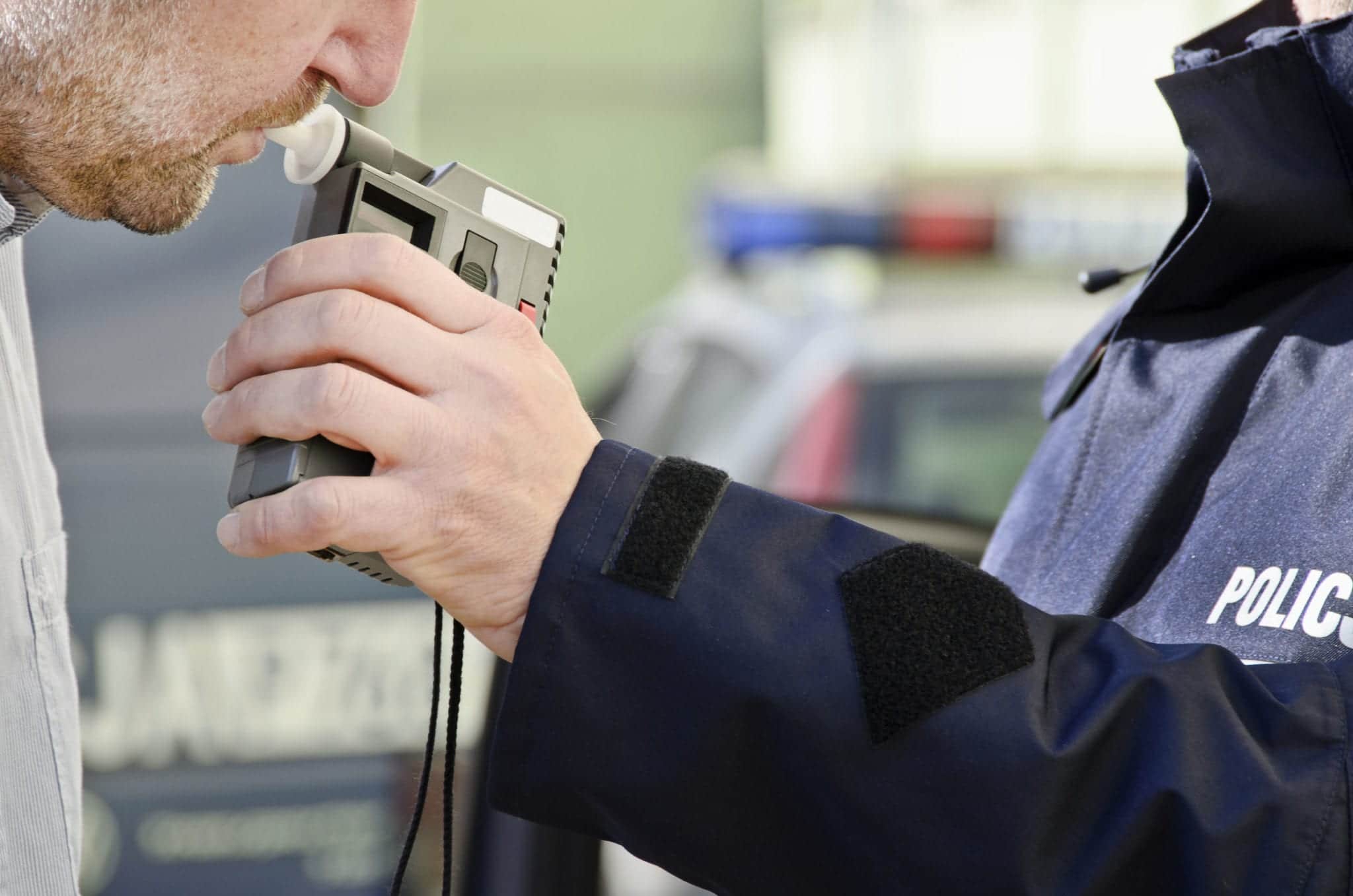
Were you among those who contributed to the consumption of 819% more Guinness than usual this St. Paddy’s Day? Perhaps you were one of the 32% of men who admit they binge drink when the rivers turn green? More than anything, we hope you were not involved in any of the alcohol-related car crashes that statistically claim a life every 37 minutes over the St. Patrick’s Day holiday.
Of course, things aren’t always quite so cut-and-dried. Did you know Texas is a state in which a motorist can get a DWI without actually driving (our courts have defined the term “operating” quite broadly)? Or that there are a number of substances that can “read” as alcohol on a breath test – even though they aren’t?
Whether you were drinking or not, if you’re one of the many Texans who did happen to get charged with DWI over the holiday weekend this year, you’re going to want an experienced DWI defense attorney in your corner.
Why? Because a Texas DWI charge could cost you more than you think, but only if you do nothing. Depending on the specific circumstances of your case, there are plenty of ways to fight back if you know the law.
Like what?
Improper Stop
In order to initially stop a motorist, law enforcement must have more than just a “hunch” or “gut feeling” you are committing or have committed a crime. When you are pulled over, the police officer must have a legitimate reason for doing so, and they are required to tell you why you have been stopped.
An improper stop is the most common argument in cases like these. If you were obeying the speed limit and other traffic laws, were not driving erratically, and did not experience a mechanical malfunction such as having a tail light out or a blinker not working, your attorney will likely assert that the police did not have reasonable suspicion to pull you over.
Mistake of Fact
There are innumerable legitimate circumstances and conditions which may create the appearance of drunkenness and/or skew breath test results. Just a few examples include:
- If the recommended number of hours have passed since any impairing prescription medication has been taken, one could have reasonably believed it was okay to drive.
- It is pretty common knowledge now that fatigue or neurological problems can cause slurred speech.
- Most people also suffer from seasonal allergies or occasional sinus troubles, which are known to cause red, bloodshot, and/or watery eyes.
- Dietary ketosis and diabetes are also known to register high BAC results on breath test devices.
If you honestly believe you were not intoxicated and can provide a reasonable explanation and/or evidence of such, this information will be key in presenting your defense to the court.
Lack of Probable Cause
Just as the police officer should have a reason to stop you, there must also be evidence presented which proves the officer had reason to believe, or probable cause, that you were in violation of Texas DWI law.
This can be tricky, because it usually requires a level of subjectivity on the part of the police officer, and challenging the testimony of an officer trained to identify intoxication can sometimes backfire with a jury. However, when you have a valid reason for your behavior or the arresting officer truly lacked probable cause, in many cases it is determined that certain evidence should be thrown out by law.
Even when evidence is determined to be admissible in court, there are additional defense strategies depending on what form it takes.
You Had a Reason for Driving Drunk
Maybe you did drink and still got behind the wheel. Even if you admit this, there are still a number of potentially valid reasons you may have chosen to do so.

Perhaps it was “necessary” for you to drive intoxicated in order to avoid something more serious than the potential harm caused by this DWI. There have been cases where an intoxicated motorist was forced to drive under threat of harm by another person – this is known as duress. We have also seen situations in which the intoxicated driver was unaware they had ingested alcohol at the time they elected to drive home. For example, if they were are a party and someone “spiked” their drink.
Remember, a Texas DWI charge is not a conviction. With the right defense strategy, a chance to share your side of the story with the court, and a thorough examination of the facts, you may still be able to beat your charges.
About the Author:
Brandon Fulgham has an in-depth understanding of both Texas law and Texans themselves. Before practicing law here, he received his undergraduate degree from TCU, and his law degree from South Texas College of Law in Houston. After graduation, he worked in District Attorneys’ offices as a prosecutor, building cases designed to put people behind bars. Now, he uses that knowledge to protect the rights of people in and around Fort Worth, making sure they receive the strongest possible defense when they find themselves on the wrong side of the law. He has been recognized for his work by The National Trial Lawyers, Fort Worth Magazine, and others.